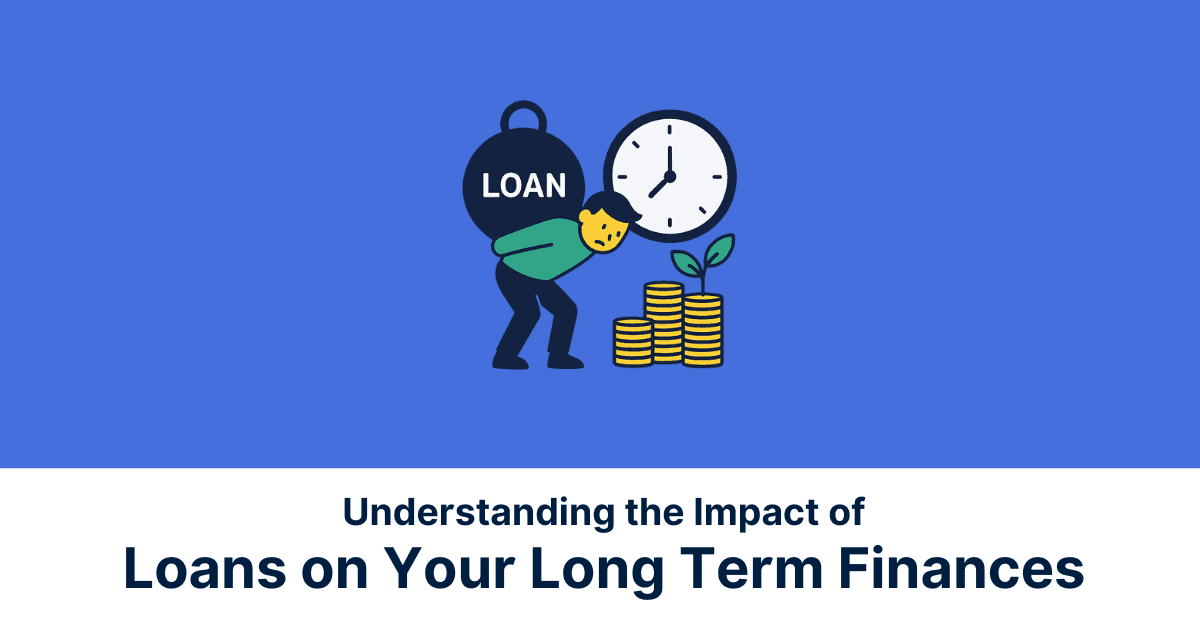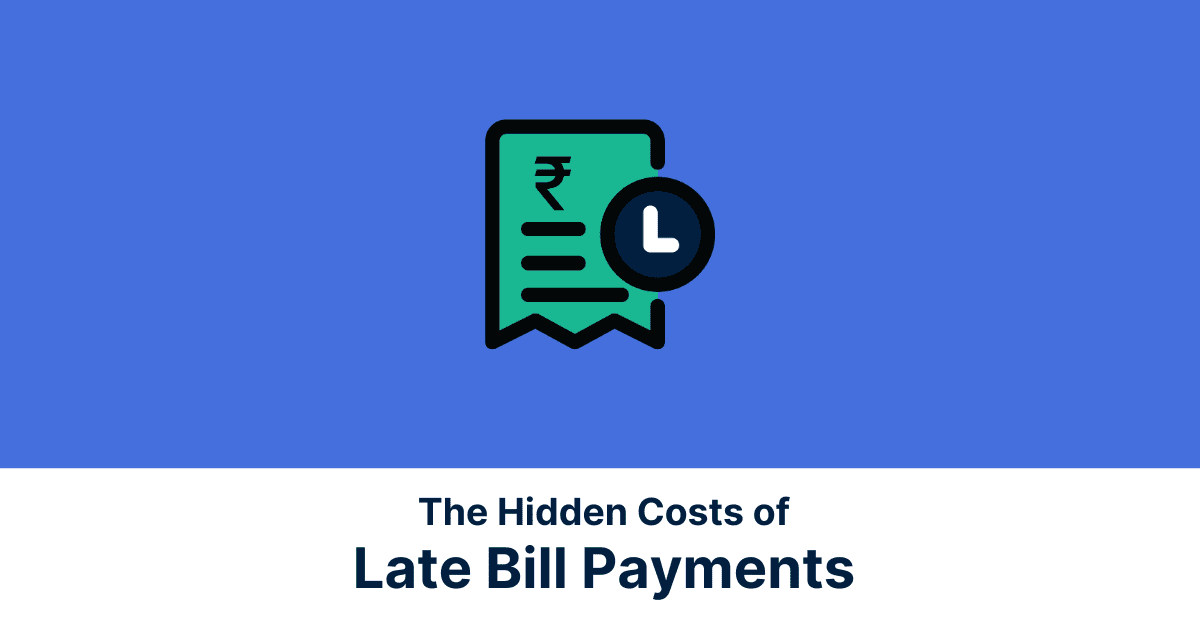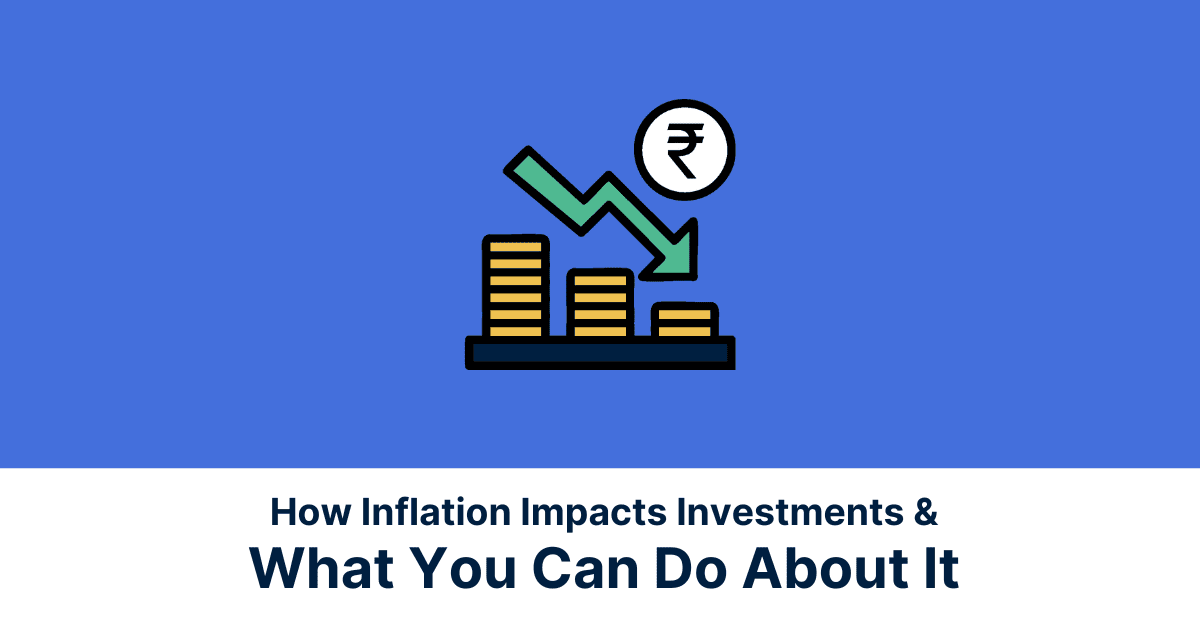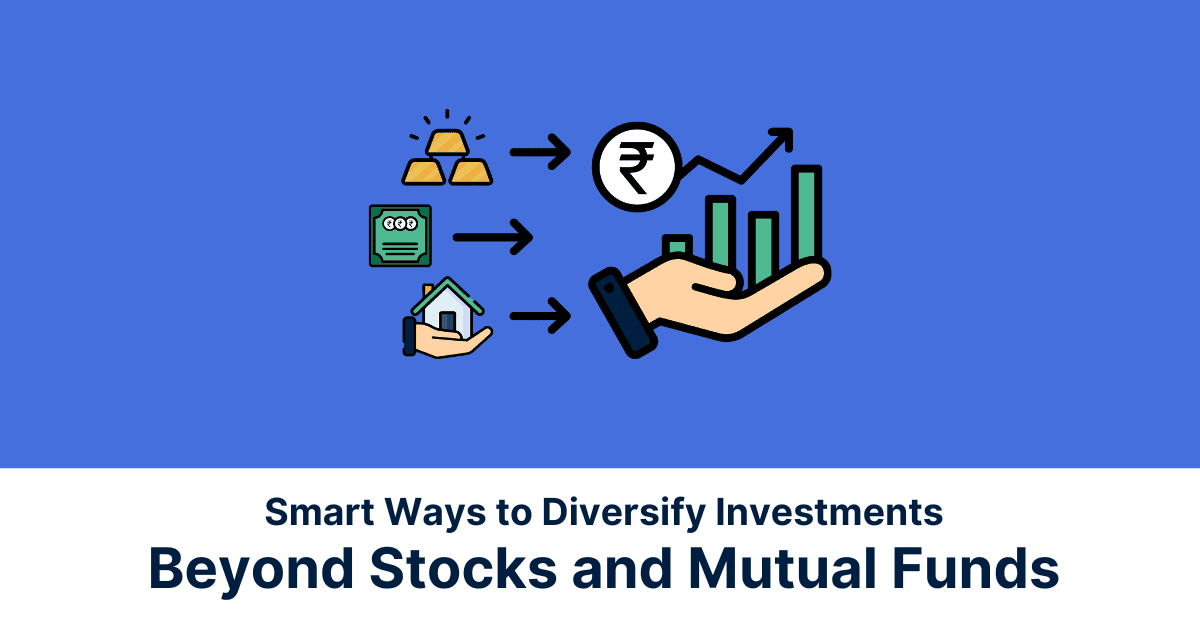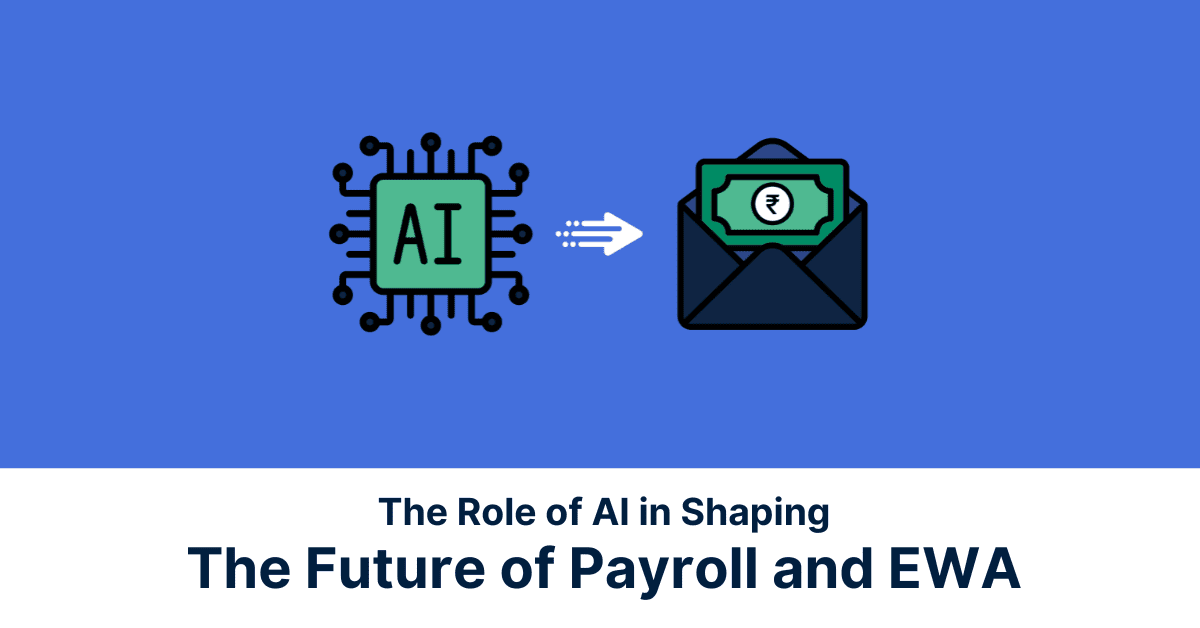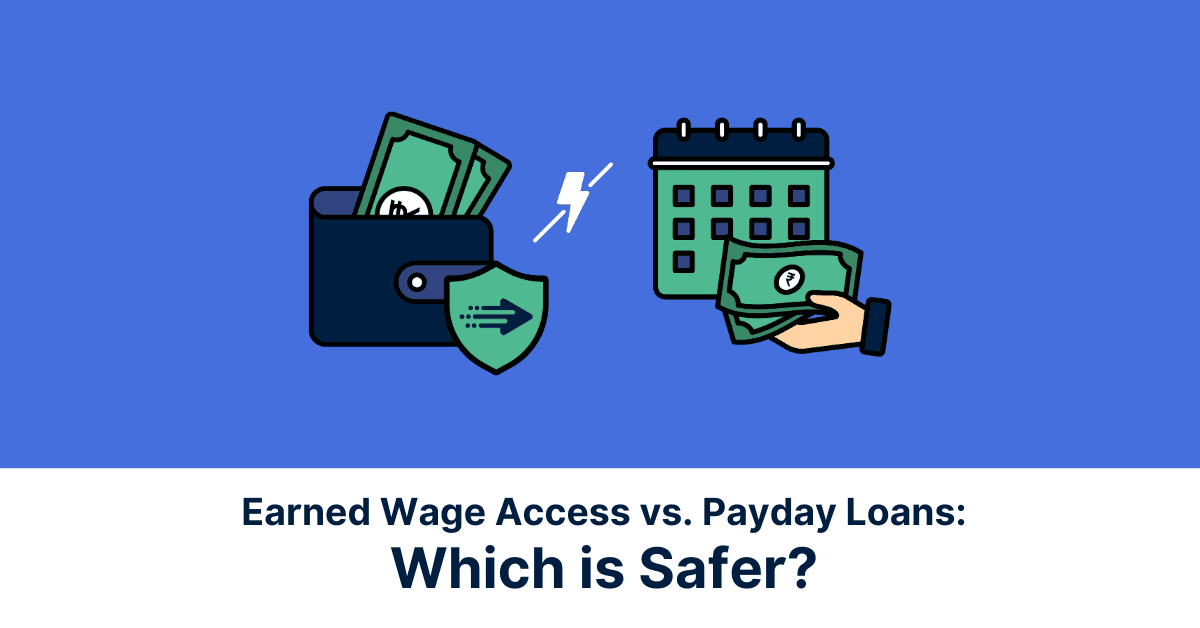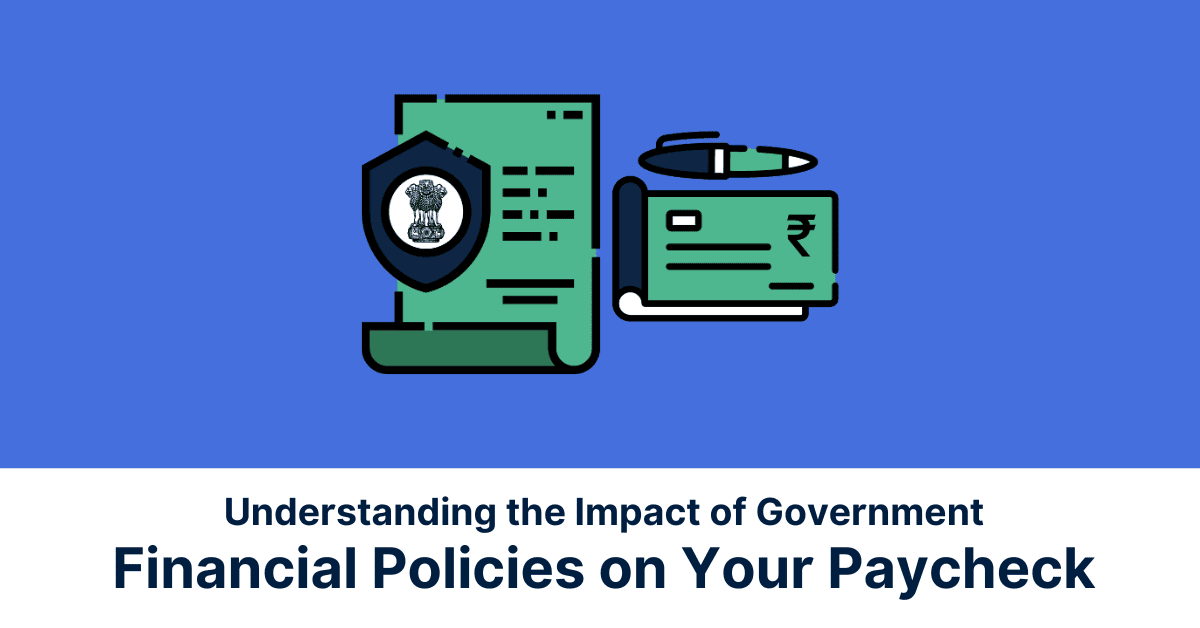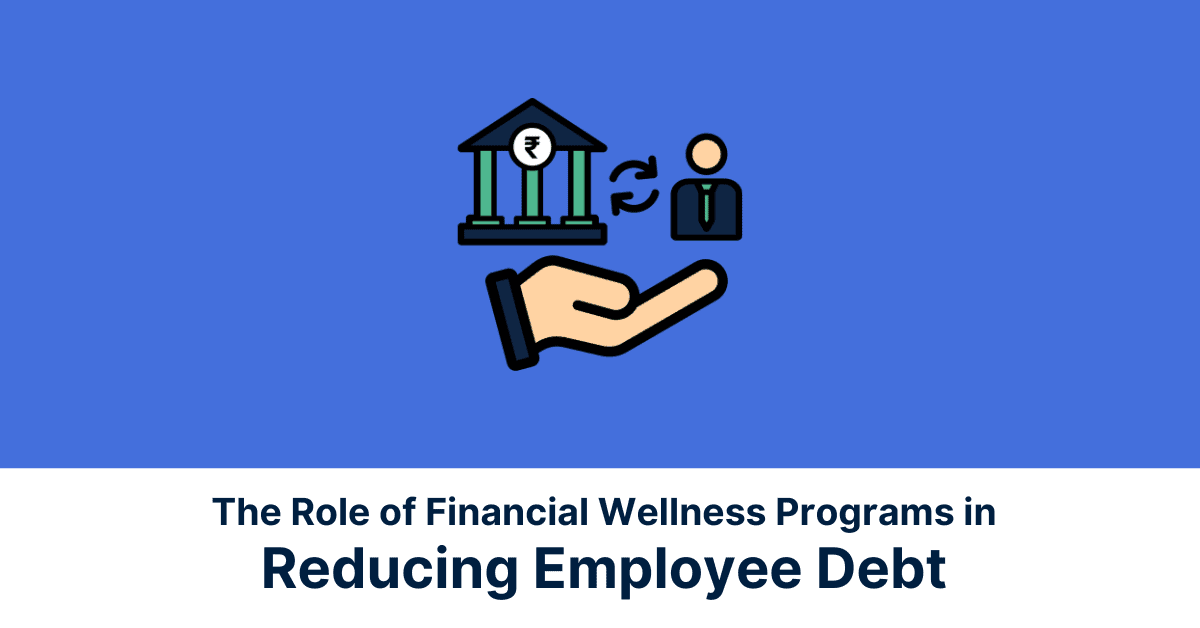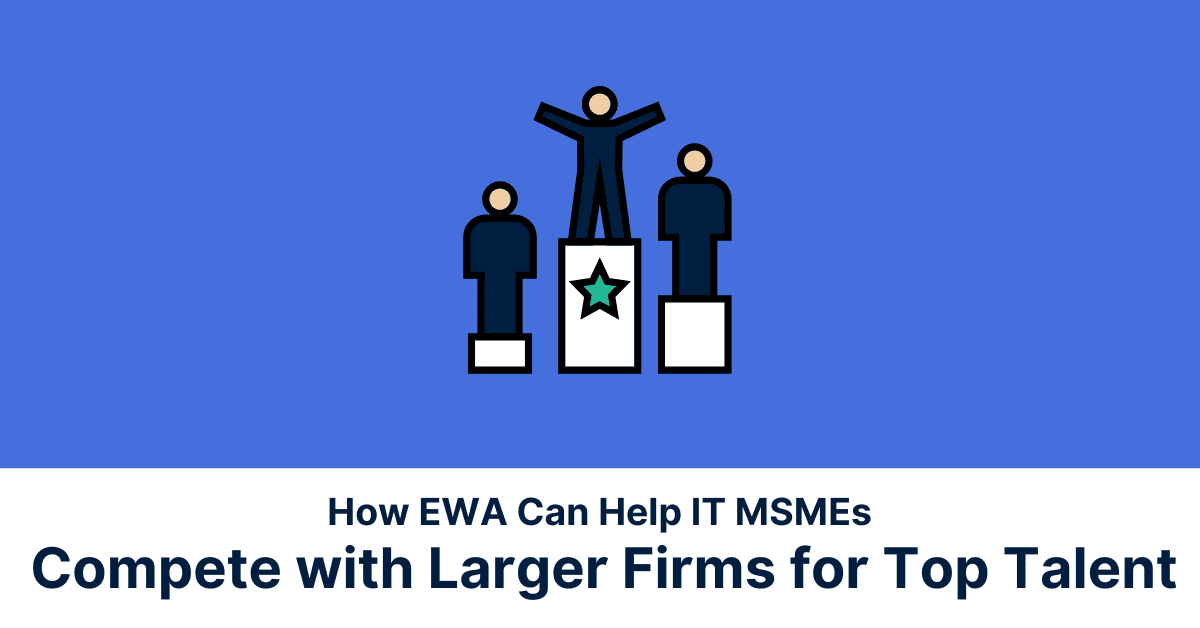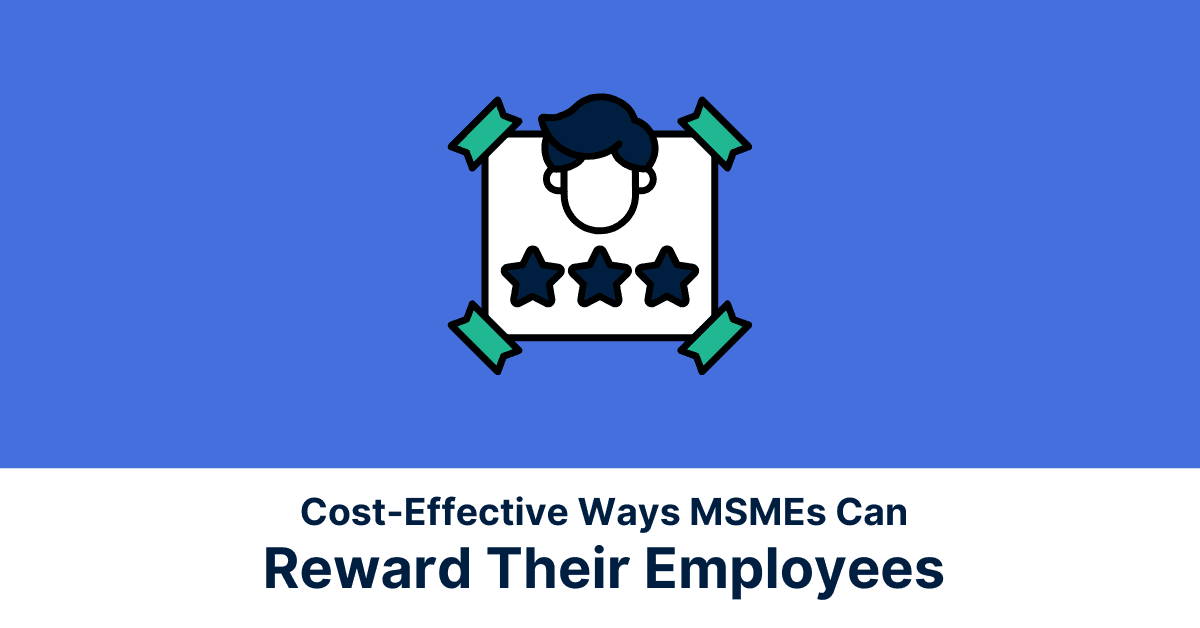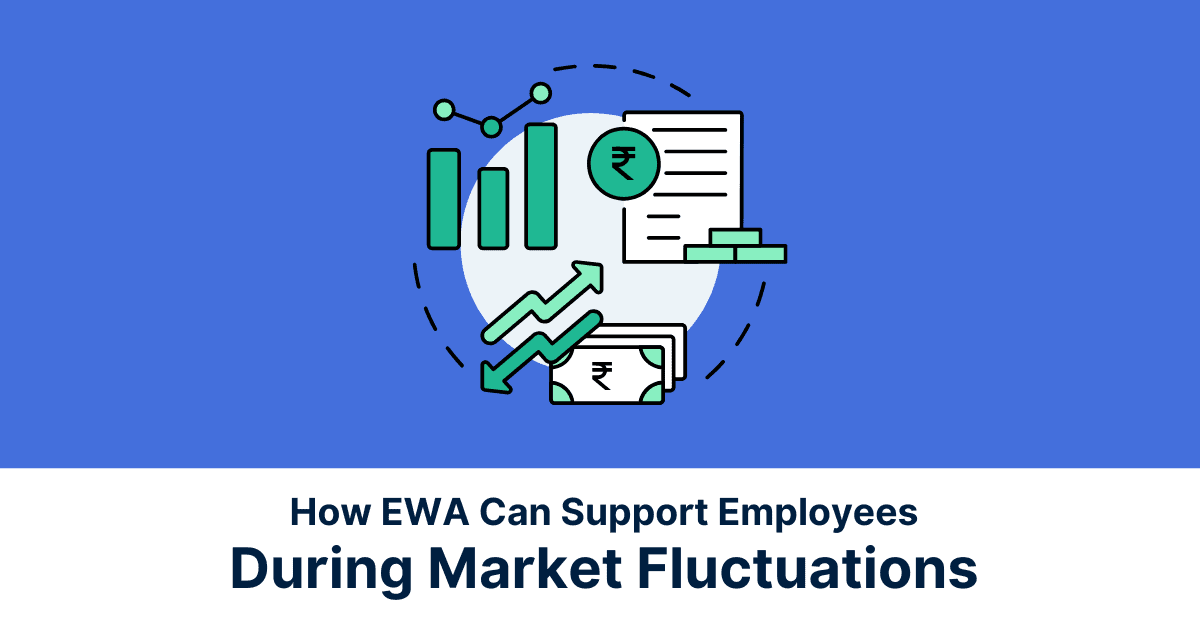Financial empowerment for women is about more than just earning money; it’s about acquiring the knowledge, skills, and confidence to manage finances effectively. It’s about giving women the power to make informed financial decisions, build assets, and achieve long-term financial security. In essence, it’s about breaking free from financial dependence and embracing financial independence.
In recent years, there has been a noticeable shift in women’s attitudes towards financial planning. Women have stopped solely relying on their partners or family members for financial decisions, women are taking matters into their own hands and becoming more informed and engaged in managing their finances. This trend reflects not only an increased financial literacy among women but also a strong desire for autonomy and self-sufficiency.
Why is financial empowerment critical for women?
Financial empowerment is critical for women’s overall well-being and societal progress. It’s essential for several reasons:
- Financial empowerment drives personal growth, societal progress, and economic development.
- Equipping women with financial literacy opens up countless possibilities and fosters independence.
- Financial literacy builds self-reliance by teaching money management and enabling informed decisions on budgeting, saving, investing, and borrowing.
- Financial knowledge protects women from exploitation and boosts confidence in navigating complex financial systems.
- Planning for long-term goals (e.g., retirement, education, homeownership) helps women secure their financial future.
- Empowered women uplift communities by investing in their families’ well-being and inspiring others.
- Investing in accessible and culturally relevant financial literacy programs is essential for addressing women’s unique challenges.
- Supportive communities enable collective financial confidence and learning.
- Empowering women through financial literacy promotes a more equitable and prosperous future for everyone.
Key Challenges Hindering Women’s Financial Empowerment
Educated but Unemployed
India ranks #1 globally in the enrolment of men and women in primary and tertiary education (World Economic Forum report). Despite high education levels, female labour force participation has declined from 30% in 1990 to 19% in 2021. Rising economic prosperity may reduce the perceived need for women to work to support families. Social stigma persists around working women; affluent families view working women as lowering social status.
Wage Disparity
A stark reality persists, wherein women earn significantly less than men. While individual factors like skills and job roles contribute to the income gap, the International Labour Organisation highlights discriminatory practices, such as unequal pay for equivalent work, as a primary cause of this disparity.
Lack of Representation in High-Paying Jobs
India lags behind the global average in female C-suite representation, with only 15% of leadership positions held by women compared to 25% worldwide (LinkedIn Gender Equity report). This disparity is attributed to various factors, including gender stereotypes that often portray women as less competent or assertive, hindering their career progression. Additionally, the societal expectation of women taking career breaks for childcare further complicates the challenge, making them less desirable candidates for leadership roles.
Societal and cultural barriers
Deeply ingrained traditional gender roles and biases can limit women’s career aspirations and financial decision-making. Societal expectations often confine women to domestic roles, discouraging them from pursuing ambitious careers or taking control of their finances.
The societal expectation that women are the primary caregivers for children and elderly family members significantly impacts their ability to participate fully in the workforce. This burden of unpaid care work limits their earning potential, career advancement opportunities, and overall financial security.
Systemic Barriers
Systemic barriers significantly impact women’s economic progress, including discriminatory laws and policies that favour men, hindering women’s financial advancement. Additionally, inadequate financial education programs contribute to poor financial decision-making among women, challenging their economic progress. The lack of access to mentorship and networking opportunities further impedes women’s career growth, as the scarcity of female role models in leadership positions limits their ability to advance professionally.
Strategies for Enhancing Women’s Financial Empowerment
Financial Education and Training
Empowering women economically necessitates equipping them with essential financial knowledge and skills.
Targeted financial education programs can significantly impact women’s financial well-being by enhancing their understanding of budgeting, saving, investing, and credit management. These programs should address specific financial challenges women face, such as managing household finances, entrepreneurship, and retirement planning. By imparting financial literacy, women can make informed decisions, reduce financial vulnerabilities, and build a strong financial foundation.
Supporting Women Entrepreneurs
Nurturing women’s entrepreneurship is crucial for driving economic growth and creating employment opportunities.
Initiatives aimed at supporting women entrepreneurs are essential. Providing access to credit, mentorship, and business training can help women start and grow their businesses. Additionally, creating supportive ecosystems with access to markets, technology, and networking opportunities can empower women to succeed as entrepreneurs. By removing barriers and providing the necessary resources, we can enable women to contribute significantly to the economy and achieve financial independence.
Digital Tools and Services
Leveraging digital technologies can revolutionise women’s financial empowerment. Providing access to digital financial services, such as mobile banking and digital payments, can enhance women’s financial inclusion.
Online platforms can offer financial education, business resources, and networking opportunities. Moreover, digital tools can facilitate women’s participation in the formal economy by enabling them to access markets and customers. By harnessing the power of technology, we can create a more inclusive and equitable financial landscape for women.
The Role of Stakeholders in Promoting Women’s Financial Empowerment
Government Policies and Programs
Government policies play a pivotal role in driving women’s financial empowerment. Initiatives like Jan Dhan Yojana in India have significantly expanded financial inclusion by providing basic savings bank accounts to millions of women. Additionally, programs focused on microfinance and skill development have empowered women to start their own businesses. These policies have not only increased financial access but also created a supportive environment for women’s economic participation.
Private Sector Initiatives
The private sector, particularly banks and fintech companies, can be instrumental in promoting women’s financial empowerment. Offering tailored financial products and services, such as women-specific savings accounts, loans, and insurance plans, can address the unique needs of women. Moreover, investing in financial literacy programs and digital platforms can enhance women’s access to financial information and services. By prioritising gender inclusivity and adopting innovative approaches, the private sector can contribute significantly to women’s economic independence.
Future of Women’s Financial Empowerment
The future of women’s financial empowerment is promising, driven by emerging trends and innovations. Digital financial services, such as mobile banking and digital payments, are expanding access to financial tools for women in remote areas. Additionally, advancements in artificial intelligence and data analytics can enable personalised financial advice and products. Moreover, a growing emphasis on financial education and mentorship programs will equip women with the knowledge and skills to make informed financial decisions.
Conclusion
Empowering women financially is not merely a social imperative but an economic necessity. By solving challenges that hinder financial empowerment among women, we can unlock their full potential and contribute to a more equitable and prosperous society.
It is important to create an environment where women have equal access to financial resources, opportunities, and support. By nurturing financial independence, we empower women to make informed decisions. The journey towards gender financial equality requires concerted efforts from governments, the private sector, and civil society. Only through collaborative action can we create a future where women are not just participants but leaders in shaping the economic landscape.
FAQs
1. What are effective strategies for promoting financial literacy among women?
Empowering women financially requires a multifaceted approach. Providing targeted financial education that resonates with women’s specific needs is important. Expanding access to financial services, especially for those in underserved areas, is crucial.
Mentorship and support networks can create confidence and knowledge sharing. Policy changes advocating for equal pay and financial inclusion are essential. Additionally, leveraging technology to deliver financial services and education can broaden reach. Ultimately, a combination of these strategies is necessary to create a financially empowered society where women can grow as individuals.
2. What are the benefits of financial empowerment for women?
Financial empowerment for women offers a multitude of benefits on both individual and societal levels.
- Individual Empowerment: Financial independence provides women with autonomy, enabling them to make their own decisions, pursue education or career opportunities, and improve their overall quality of life.
- Family Well-being: Women often prioritise family needs, and financial empowerment allows them to invest in their children’s education, healthcare, and nutrition, leading to healthier and more prosperous families.
- Economic Growth: When women have financial control, they tend to reinvest in their communities, stimulating economic growth and job creation.
- Reduced Poverty: Empowering women economically helps to break the cycle of poverty, as they can contribute to household income and invest in their families’ future.
*Disclaimer:
The information contained herein is not intended to be a source of advice concerning the material presented, and the information contained in this article does not constitute investment advice. The ideas presented in the article should not be used without first assessing your financial situation or without consulting a financial professional.

